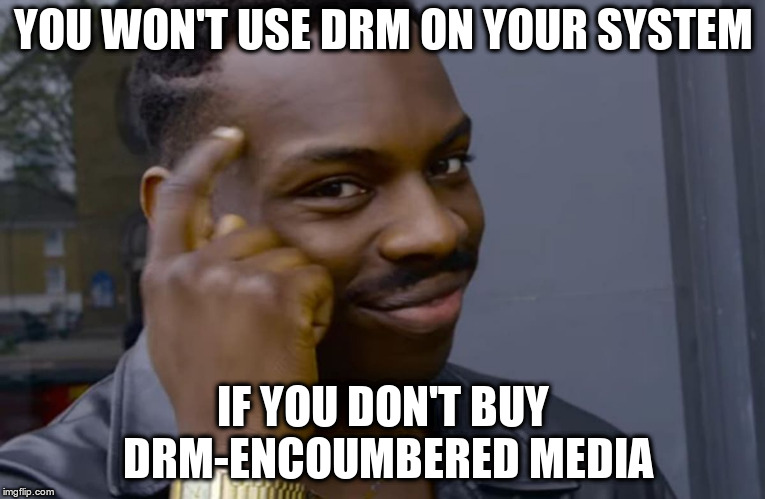Phoronix: Intel Developers Working On HDCP Content Protection Protocol For Wayland
With Intel's DRM kernel driver now supporting HDCP for High-bandwidth Digital Content Protection with work done by Intel and Google developers, there is now work underway for allowing HDCP to work in a Wayland-based environment...
With Intel's DRM kernel driver now supporting HDCP for High-bandwidth Digital Content Protection with work done by Intel and Google developers, there is now work underway for allowing HDCP to work in a Wayland-based environment...


Comment